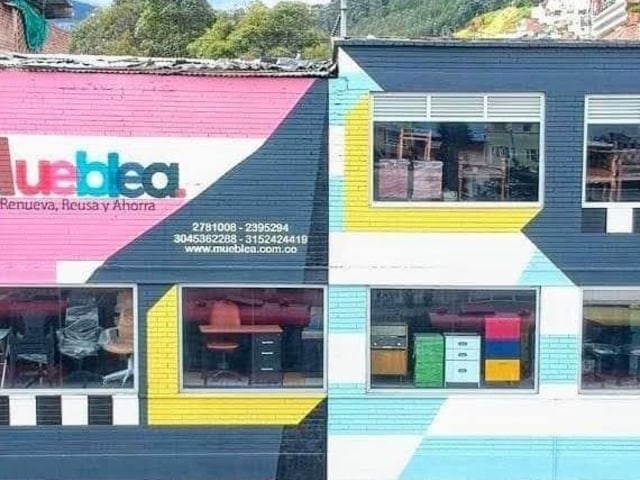Great tasting chocolate that’s good for the soul
Located in the East Java province, Aneka focuses on improving the lives of cocoa farmers by producing high-quality, organic farmer-to-bar chocolate.
While Indonesia is the world's third-largest cocoa producer, raw material often gets exported to other countries, who refine the product and then keep the profits.
Aneka Coklat has a "farmer-to-bar" concept, cutting out any middlemen and buying high-quality beans directly from the farmers at a fair price. It then produces chocolate locally in Indonesia.
The cocoa farmers are also given help and support through training programmes to learn organic farming techniques, fermentation, disease management, and conservation. Aneka also provides them with the tools needed for cocoa farming and processing.
"In a country like Indonesia, where urban migration is rampant, there is a strong need to provide fair paying jobs in rural areas. Through the business model of Aneka Coklat, it is possible to create good economic opportunities for the farmers, making cocoa farming more profitable and a better source of income," says Helene von Reis, business area manager, IKEA Food.
The collaboration with Aneka Coklat will result in six different flavoured chocolate bars - chilli, milk chocolate, dark chocolate, coffee, caramel, and coconut.

